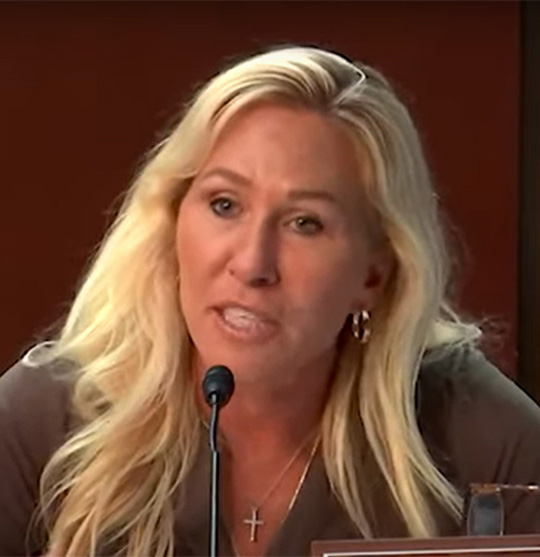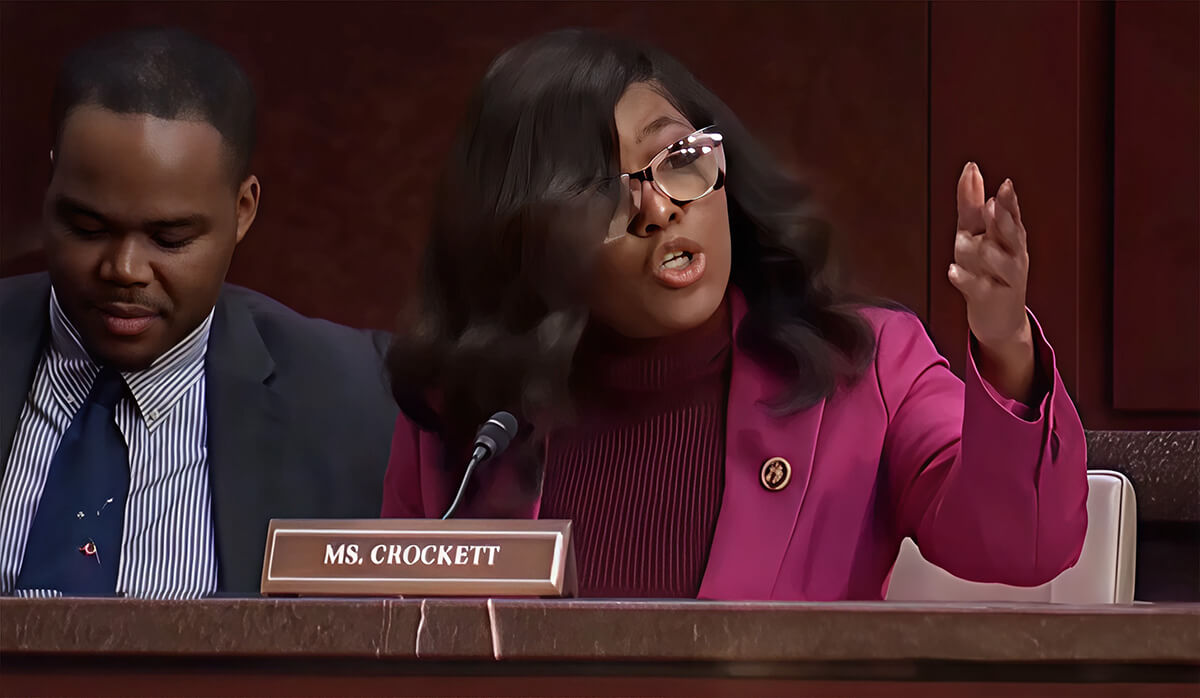
In a dramatic clash on Capitol Hill, Rep. Jasmine Crockett (D-TX) fervently accused Republican members of attempting to undermine free speech during a committee hearing focused on the federal funding of public broadcasting services, including PBS and NPR. The incident, which unfolded on Wednesday, highlighted the deepening partisan divide over media funding and freedom of expression.
Crockett, a member of the progressive "Squad," was questioning a witness about the potential consequences of revoking federal subsidies for PBS and NPR—organizations known for their in-depth political reporting—when she launched into a passionate critique. She claimed the hearing was a targeted effort by Republicans to silence media outlets that do not align with their conservative viewpoints, specifically aiming her criticism at the perceived threat to PBS and NPR.
The Texas representative's frustration was palpable as she addressed the committee. "Let’s be clear: Free speech is not about whatever it is y’all want somebody to say, and the idea that you want to shut down everybody that is not Fox News is bullsh*t," Crockett asserted, directly challenging the GOP members present. Her blunt accusation reverberated through the room, signaling a no-holds-barred defense of what she views as vital institutions for American democracy.
However, the exchange escalated when Rep. Marjorie Taylor Greene (R-GA), the committee chair and a frequent adversary of Crockett, intervened, silencing the Texas Democrat as her speaking time expired. This act only added fuel to the fire, underscoring the contentious atmosphere that has come to characterize discussions around media funding and freedom of speech on Capitol Hill.
The backdrop to this confrontation includes recent controversies surrounding Crockett, who has emerged as a polarizing figure in Congress. Notably, her derogatory reference to Texas Gov. Greg Abbott as "Governor Hot Wheels" sparked outrage across the political spectrum. Crockett defended her comment, arguing it was a critique of Abbott's policies on migrant transportation, but the explanation did little to mitigate the backlash.
"Let’s be clear: Free speech is not about whatever it is y’all want somebody to say, and the idea that you want to shut down everybody that is not Fox News is bullsh*t," - Rep. Jasmine Crockett.
Gov. Abbott dismissed Crockett's remark during an appearance on Fox News, framing it as part of a broader pattern of Democratic failures. "It’s another day and another disaster by the Democrats," he commented, asserting that the opposition lacks substantive policy proposals and is resorting to personal attacks instead.
Amid these tensions, Rep. Randy Weber (R-TX) announced plans to introduce a resolution to censure Crockett for her comments, which he described as "vile" and "discriminatory." He accused her of descending into personal attacks that offend not just political opponents but also the citizens of Texas.
Crockett's assertive stance and combative rhetoric reflect a broader debate within the Democratic Party about its strategic direction and how to effectively counter Republican policies. Her recent unsuccessful bid for the chairmanship of the House Democrats’ communications committee and her advocacy for a more confrontational approach to politics underscore her ambition to be a leading voice for progressive causes.
As the Democratic Party navigates its path forward in a deeply polarized political landscape, figures like Crockett are at the forefront of shaping its identity and approach. Her recent actions and words are emblematic of the challenges and debates facing the party as it grapples with issues of free speech, media funding, and the broader struggle for the soul of American democracy.





